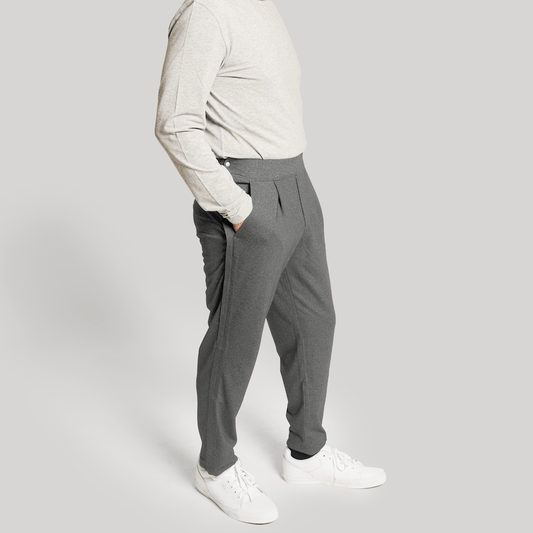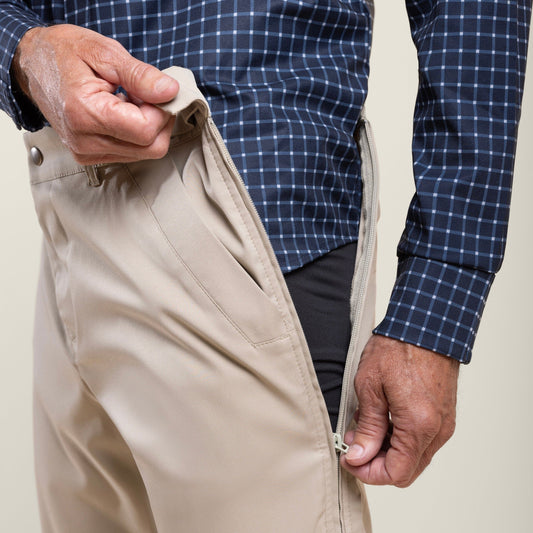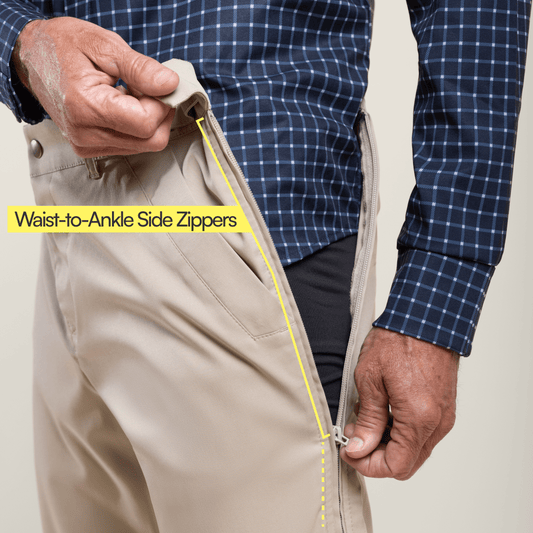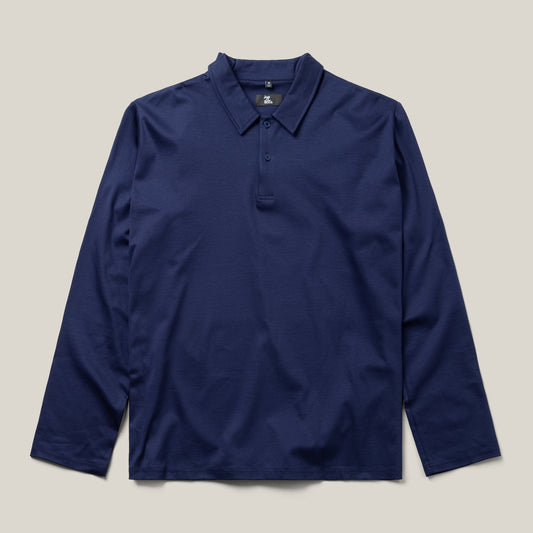As the U.S. population ages, understanding the nuances of elder care becomes increasingly important. Elderly individuals often face challenges in performing daily activities due to a decline in physical, mental, or emotional health. Distinguishing between Activities of Daily Living (ADLs) and Instrumental Activities of Daily Living (IADLs) is essential for caregivers and family members to assess the level of assistance required. This guide explores ADLs and IADLs, emphasizing the importance of supporting the elderly in these activities to maintain their independence and dignity.
What is ADL?
Activities of Daily Living (ADLs) are fundamental tasks necessary for basic self-care and independence. These activities are critical indicators of an individual's ability to manage their personal care and are often used to assess the need for assistance or support. The primary ADLs include:
Bathing
Bathing involves the ability to wash one's body, either in a shower or bath, and perform other grooming activities such as shaving or brushing teeth. For many elderly individuals, this can become challenging due to mobility issues, fear of falling, or cognitive impairments. For example, installing grab bars in the shower can provide stability and reduce the risk of falls.
Dressing
Dressing requires selecting appropriate attire and physically putting on and taking off clothes and shoes. Conditions like arthritis can make fastening buttons or tying shoelaces difficult, necessitating adaptive clothing with easy-openings, elastic waistbands or accessible closures that use magnets or zippers instead of buttons for ease of use. Adaptive clothing can significantly improve the dressing experience for those who experience difficulty getting dressed or going to the toilet. For some, adaptive clothing can be the key to remaining independent and dressing with dignity.
Toileting
Toileting encompasses the entire process, including getting to and from the toilet, using it properly, and cleaning oneself afterward. Mobility aids and raised toilet seats can assist those who struggle with sitting down or standing up due to joint pain or weakness and adaptive clothing for men and women can provide easy access and reduce the risk of an injury while toileting.
Eating
Eating entails the ability to feed oneself, including the coordination required to chew and swallow. Older people may need adaptive utensils that are easier to grip or assistance with cutting food into manageable pieces. There are also adaptive cups, plates and bowls that reduce the chance of spills.
Continence
Continence involves control over bladder and bowel functions. Incontinence can stem from various health issues, requiring strategies such as scheduled toileting or incontinence products to manage effectively. Ideally, you will pair an incontinence product with adaptive pants that ensure easy access to your incontinence product. This will make it easier to not only use the bathroom, but to clean and change incontinence products.
Mobility
Mobility signifies the ability to move oneself, including getting in and out of bed or a chair and walking. Mobility aids, home modifications, or limited mobility dressing assistance can support mobility challenges, promoting safety and independence.
What is IADL?
Instrumental Activities of Daily Living (IADL) are tasks that require more complex thinking skills, including organizational and management abilities. They are crucial for independent living and involve:
Cleaning and Housekeeping
Maintaining a clean living environment can be overwhelming due to physical limitations or fatigue. Caregivers can assist by taking on heavy cleaning tasks or organizing home care services.
Managing Money
Financial tasks such as paying bills and managing budgets can become confusing. Caregivers can help by setting up automated payments or overseeing financial management to prevent issues like missed payments.
Managing Medications
Proper medication management is vital for health. Elderly individuals may struggle with remembering schedules or understanding dosages. Pill organizers, reminders, or medication management services can ensure they take their medications correctly.
Preparing Meals
Cooking nutritious meals requires planning, shopping, and cooking skills that may be hindered by physical or cognitive decline. Meal delivery services, preparing meals in advance, or direct assistance can ensure seniors receive proper nutrition.
Shopping
Shopping for groceries or personal items requires mobility and decision-making skills. Caregivers can assist by providing transportation, accompanying seniors on shopping trips, or taking over shopping tasks as needed.
Transportation
Maintaining the ability to drive or navigate public transportation can be challenging. Arranging for transportation services or providing rides can help seniors stay connected and attend appointments.
Communicating by Phone or Email
Staying in touch with friends, family, and managing appointments necessitates the use of phones or email, which can be challenging due to technological barriers or hearing impairment. Teaching seniors to use technology or setting up easy-to-use devices can aid communication.
How are ADLs and IADLs Assessed?
Assessing a senior's ability to perform ADLs and IADLs involves careful observation, conversations with the individual and their family, and sometimes formal assessment tools. This process helps identify areas where support is needed, forming the basis of a care plan that addresses specific needs while promoting independence.
How to Help with ADL and IADL for the Elderly?
Supporting seniors with ADLs and IADLs is crucial for their well-being. This support can range from providing adaptive tools, arranging professional caregiving services, to personal assistance with tasks. Each intervention should be tailored to the individual's specific needs, preferences, and capabilities, encouraging as much independence as possible.Professional caregivers trained in elderly care can offer personalized support, while home adaptations (such as installing grab bars, using raised seats, or simplifying the home layout) can significantly enhance independence in ADLs. For IADLs, setting up systems that simplify tasks (like automatic bill payments, medication dispensers, or grocery delivery services) can empower seniors to manage their daily lives more effectively.
Conclusion
Understanding and supporting the Activities of Daily Living and Instrumental Activities of Daily Living are fundamental in caring for the elderly. Proper assessment and targeted support for ADLs and IADLs enable seniors to lead dignified, independent lives. Whether through personal assistance, professional care, or adaptive tools and technologies, helping seniors navigate these daily tasks is a profound expression of care and respect, contributing significantly to their quality of life and well-being.
Joe & Bella's Adaptive Apparel Collections:
Men's Adaptive Clothing | Women's Adaptive Clothing | Men's Adaptive Shirts | Women’s Adaptive Shirts | Men's Adaptive Pants | Women’s Adaptive Pants | Gripper Socks | Side Zipper Pants | Compression Socks | Best Adaptive Clothing | Adaptive Apparel

























































